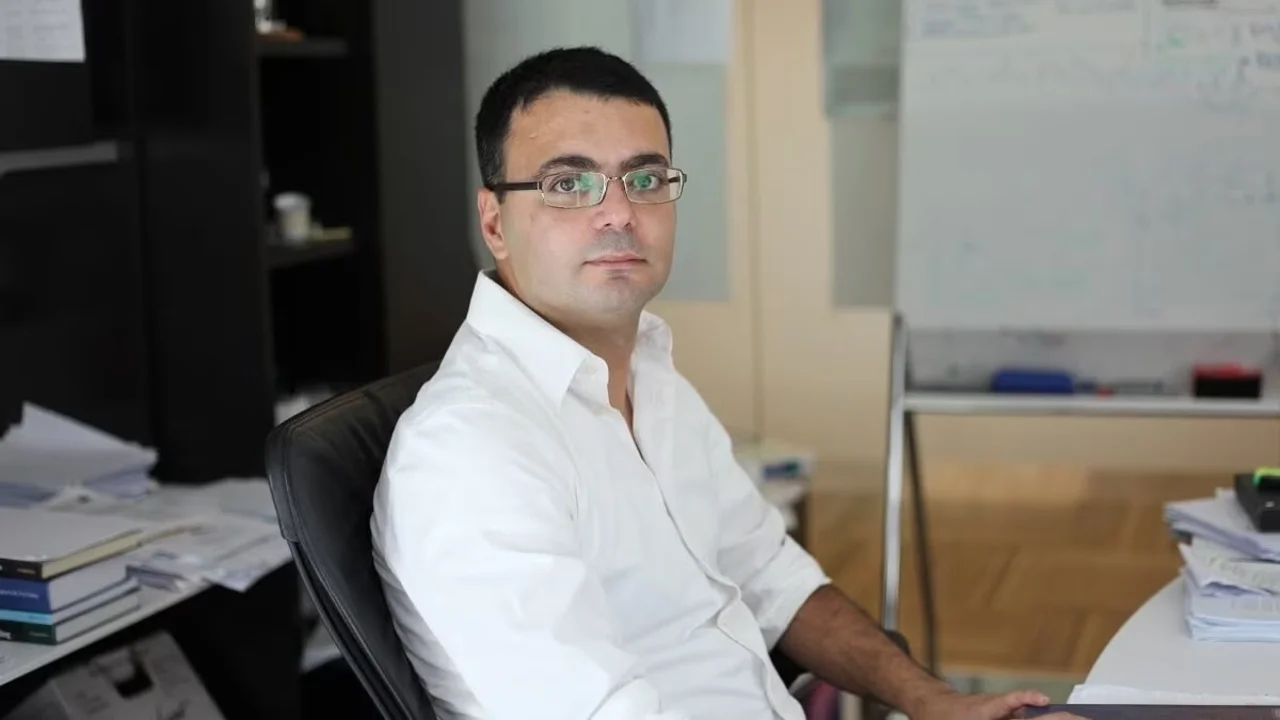
Professor Ibrahim Hoteit is a faculty member at KAUST, specializing in the simulation, analysis, and prediction of weather and climate patterns across the Arabian Peninsula. His pioneering research leverages data-driven modeling systems to advance the understanding of climatic dynamics in the Red Sea and Arabian Gulf regions. Professor Hoteit's work not only contributes to regional climate science but also supports sustainable environmental management and policy development in these critical areas.
Biography
Professor Hoteit is a founding faculty member at KAUST (2009) and a professor of earth science and engineering. He is recognized for advancing climate and environmental modeling, remote sensing, Red Sea eddy dynamics, and modern data assimilation and modeling techniques. Before joining KAUST, he was a research scientist at the Scripps Institution of Oceanography, focusing on atmosphere and ocean circulation modeling.
Hoteit currently directs the Climate Change Center, a national initiative under the National Center for Meteorology funded by the Ministry of Environment, Water and Agriculture, and the Saudi Aramco Marine Environment Research Center at KAUST, supporting large-scale climate and environmental applications of national and global significance. Professor Hoteit and his team develop integrated, data-driven modeling systems to analyze and predict atmospheric and oceanic circulation and climate variability across the Arabian Peninsula.
He received the Kuwait Prize in Fundamental Sciences in 2020 and serves as an associate editor for multiple journals in his field.
Research Interests
Professor Hoteit’s research focuses on integrating dynamical models with observations to simulate, analyze and predict geophysical fluid systems. He develops and applies oceanic and atmospheric models, along with ensemble data assimilation, inverse methods, and uncertainty quantification, for large-scale geophysical applications. His current work builds integrated modeling and forecasting systems for the Arabian Peninsula, with an emphasis on the Red Sea and Arabian Gulf, to study circulation, variability, air-sea interactions and their influence on ecosystem productivity.
The group links these physical insights to environmental management and policy by translating predictions into actionable indicators for marine and coastal systems. The team also leverages advanced artificial intelligence to enhance forecasting, improve model parameterizations and accelerate workflows across applications in marine and terrestrial ecosystems and renewable energy.
Awards and Distinctions
- Honorable mention (top five papers), PacificVis Symposium, IEEE, 2013
- Best poster award, Society for Industrial and Applied Mathematics (SIAM), 2011
- Best poster award, CMD-IT (Center for Minorities and People with Disabilities in IT), 2011
- Ph.D. Fellowship Award, French Government, 2000
Education
- Doctor of Philosophy (Ph.D.)
- Applied Mathematics, Université Joseph Fourrier, France, 2002
- Master of Science (M.S.)
- Applied Mathematics, Université Joseph Fourrier, France, 1998
Related Media
Quote
The Red Sea is our backyard and "a tout d'une grande". We are working on studying all aspects of its variability and its role in the global climate using state-of-the-art and developing next-generation tools.